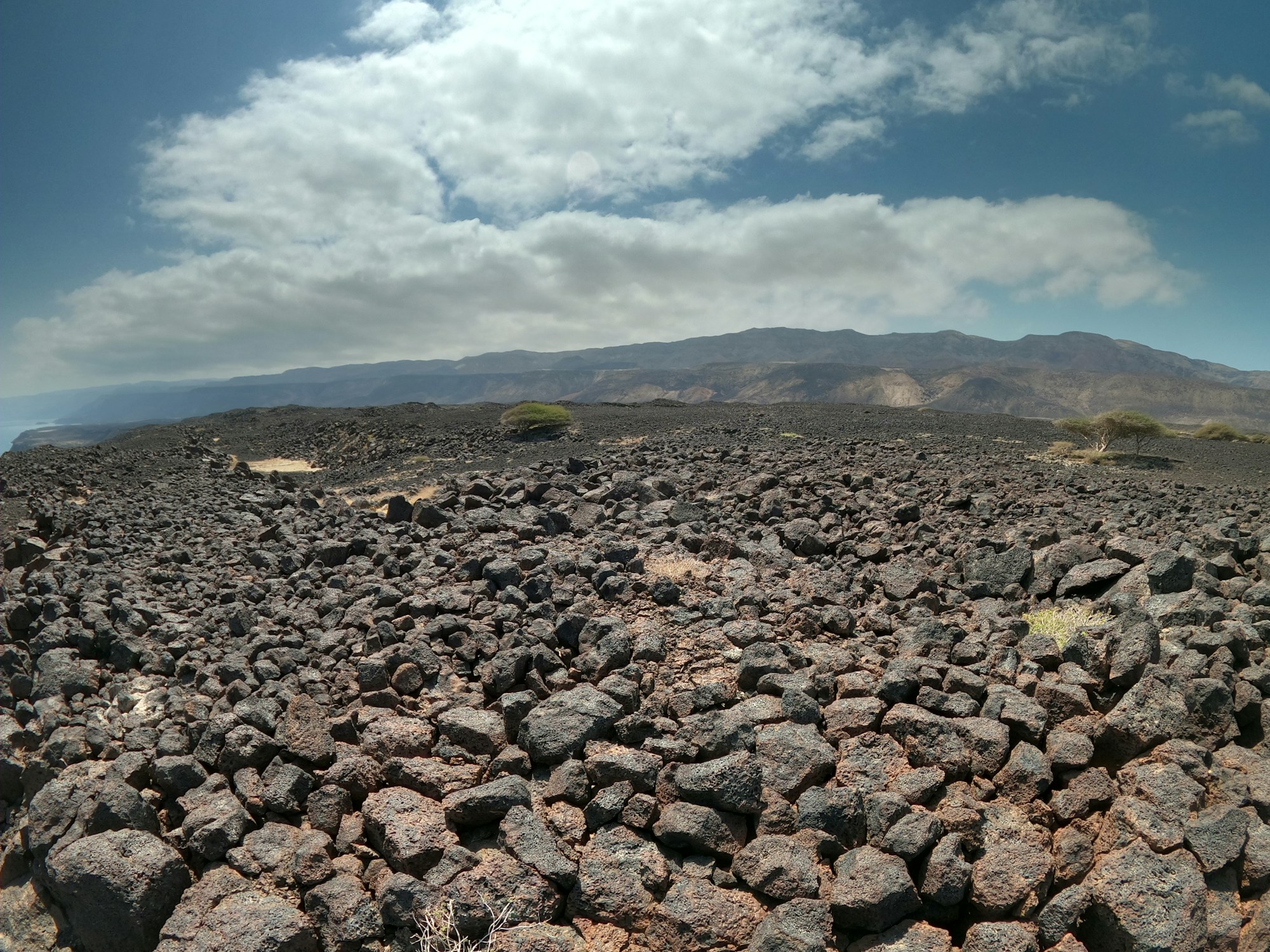Discover Djibouti: A Hidden Gem in East Africa

Discover Djibouti: A Hidden Gem in East Africa
Djibouti, a small country located in the Horn of Africa, is often overlooked by travelers. However, this hidden gem is bursting with natural beauty, rich culture, and fascinating history. From stunning landscapes to unique wildlife, Djibouti offers a truly unforgettable experience.
Getting There
The easiest way to reach Djibouti is by flying into Djibouti-Ambouli International Airport, which offers connections to major cities in the region. Once you arrive, you can explore the country by hiring a car, joining a guided tour, or using public transportation.
Exploring Djibouti City
Start your journey in Djibouti City, the capital and largest city of Djibouti. Take a stroll along the picturesque waterfront promenade, known as "Le Village," where you can find a range of restaurants, cafes, and shops. Don't forget to visit the beautiful Hamoudi Mosque, a stunning architectural masterpiece.
Lake Assal: A Natural Wonder
One of Djibouti's most spectacular sights is Lake Assal, located in the Danakil Desert. This stunning saltwater lake is the lowest point in Africa and is known for its turquoise waters and white salt shores. Take a dip in the lake and float effortlessly due to its high salt concentration. The surrounding landscapes provide a truly surreal experience, with volcanic formations and colorful mineral deposits.
Experience the Wildlife
Embark on a safari adventure to witness Djibouti's unique wildlife. Head to the Day Forest National Park, where you can spot rare species such as the Djibouti Francolin and the Somali Ostrich. If you're lucky, you may even catch a glimpse of the endangered Grevy's zebra or the Somali wild ass. The Gulf of Tadjoura is also a great spot for whale watching, as it serves as a migration route for humpback whales.
Beaches and Diving
Djibouti is home to a stunning coastline that boasts pristine beaches and crystal-clear waters. Visit the picturesque beaches of Godoria, Moucha, and Maskali Islands, where you can relax, swim, and indulge in various water sports. For diving enthusiasts, the underwater world of Djibouti is a must-see. Explore the colorful coral reefs, encounter marine life including whales, dolphins, and sea turtles, and explore the underwater volcanic chimneys.
Cultural Heritage
Djibouti's rich cultural heritage is reflected in its diverse population, which includes Afar, Somali, and Arab communities. Immerse yourself in the local culture by visiting the lively markets and souks, where you can find traditional crafts, fabrics, spices, and jewelry. Don't miss the opportunity to try authentic Djiboutian cuisine, which blends influences from the region's varied culinary traditions.
Climate and When to Visit
Djibouti experiences a hot desert climate, with little rainfall and high temperatures throughout the year. The best time to visit is during the cooler months of November to February when temperatures are more moderate. However, if you're interested in diving or whale watching, plan your trip between November and January.
